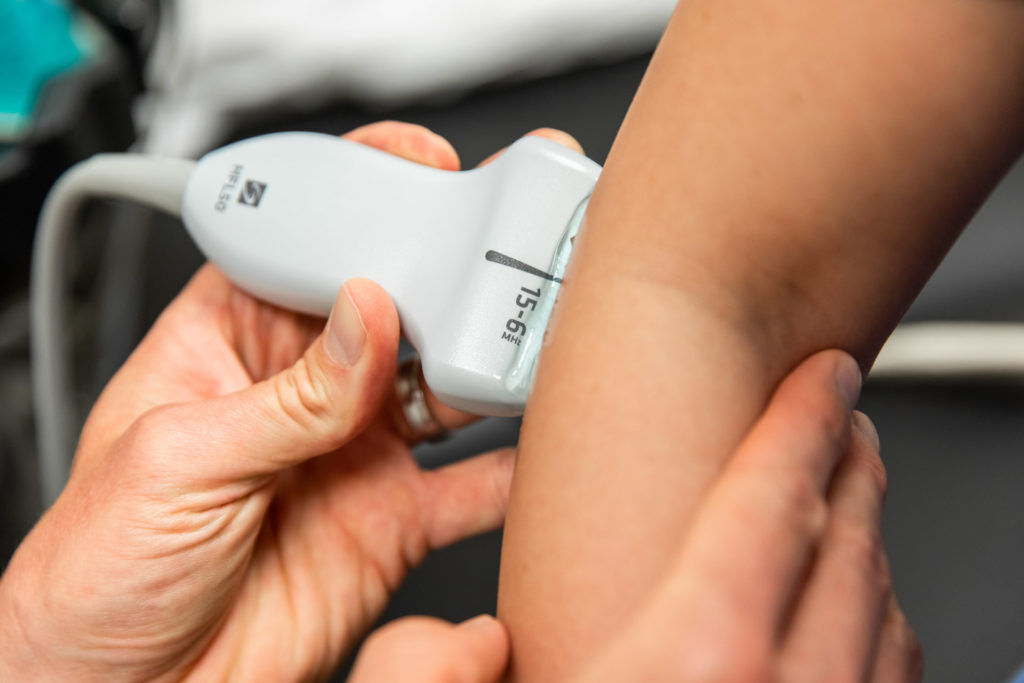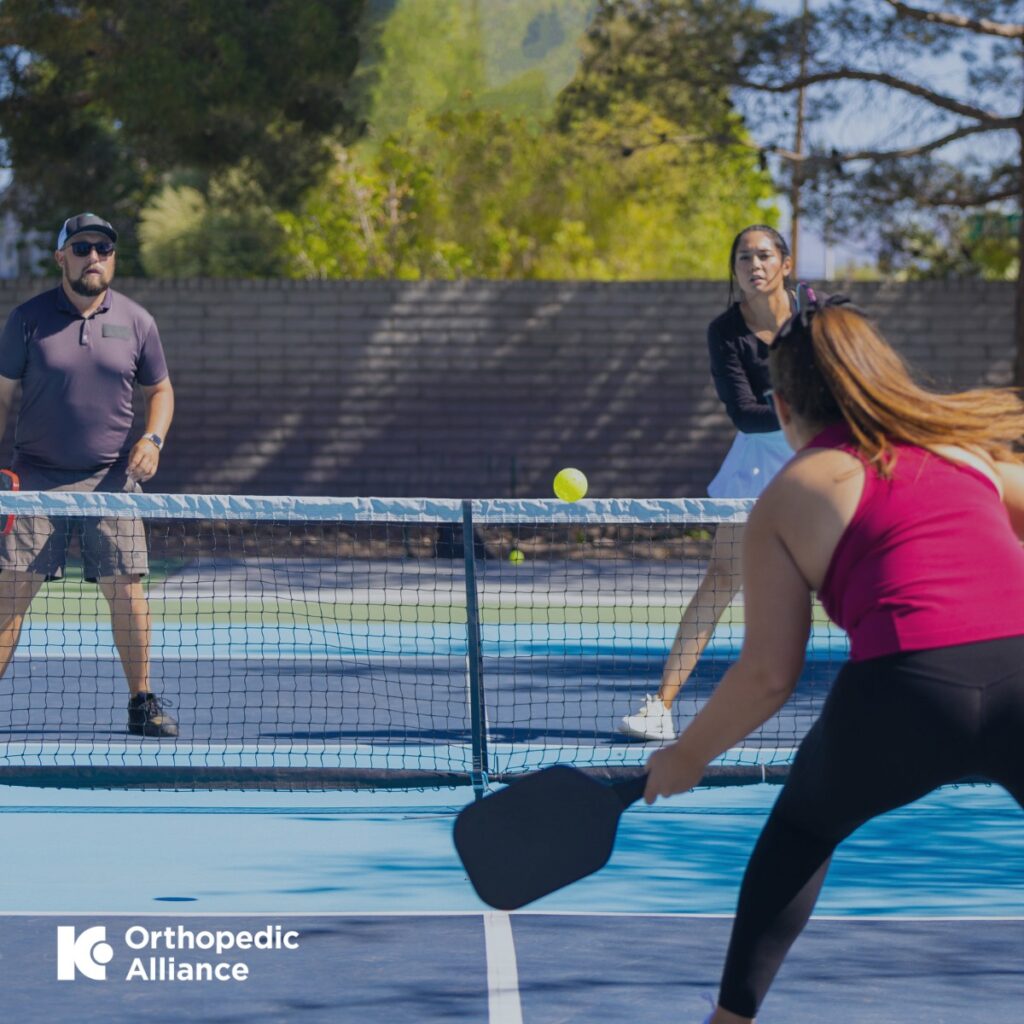

Founded in 1923, our practice has a rich heritage of providing orthopedic excellence in and around Kansas City. We’ve proudly called this area home for nearly a century, and as such, we feel it’s important to let the people of our community get to know our physicians and learn more about what drives them to deliver high-quality care in their subspecialties.
We’re taking to our blog to provide an informal Q&A with each of our specialists. Kicking off the series now is our newest surgeon, Theodore Koreckij, M.D., a fellowship-trained spine surgeon who joined our practice in 2014.
Dr. Koreckij, please tell our readers a little about yourself and your medical background.
I was born and raised in Festus, Mo., and graduated from the University of Missouri-Kansas City School of Medicine. I completed an internship with the Department of Surgery at Rush University in Chicago before moving to Seattle to complete a two-year National Institutes of Health Postdoctoral Research Fellowship at the University of Washington. I completed my orthopedic surgery residency at Wayne State University in Detroit, as well as a fellowship in orthopedic spinal surgery at William Beaumont Hospital in Royal Oak, Mich. Additionally, I am a member of the American Academy of Orthopaedic Surgery and the North America Spine Society.
Why did you decide to pursue a career in spine surgery?
My father was an orthopedic surgeon, so I always knew I wanted to go into orthopedic surgery. I wanted to make an impact on patients’ quality of life and found spine surgery to be the most challenging and intellectually stimulating of the subspecialties of orthopedics.
As a spine surgeon, what is your area of expertise?
My area of expertise lies in the diagnosis and treatment of adult degenerative disorders of the cervical, thoracic and lumbar spine, such as spinal stenosis, spondylolisthesis and scoliosis. I also treat conditions associated with metastatic disease of the spine.
What procedures do you commonly perform?
I perform a variety of spine procedures for neck and back pain relief, including spinal decompression, laminectomy, anterior cervical discectomy and fusion (ACDF), bone grafts, osteotomy, microdiscectomy and spinal instrumentation. If any patients or referring physicians have questions about the procedures I perform, I encourage them to call my staff at the practice – we are more than happy to provide assistance.
Tell us about your research background in the area of spine conditions and procedures.
I have contributed to a variety of research published in peer-reviewed publications, as well as abstracts, presentations and manuscripts that discuss issues related to spine health. My research has included such topics as minimally invasive spine surgery; unicompartmental arthroplasty; interspinous process decompression of spinal stenosis; spine fusion with stem cell mobilization; posterior cervical fusion for atlantoaxial facet osteoarthritis; and the effects of retropharyngeal steroids following anterior cervical surgery. I have also contributed to a great deal of research pertaining to prostate cancer, particularly prostate cancer growth in bones.
Describe your approach to treating patients.
My approach to treating patients starts with forming a partnership that includes a thorough history and physical examination, as well as working through the diagnosis with the patient. I discuss all treatment options available to rule out all forms of conservative care before surgery, and I follow my patients’ progress until they are fully rehabilitated.
Do you coordinate care with other healthcare professionals?
Primary care physicians, neurosurgeons, interventional physiatrists and other providers, both within our own practice and out in the community, will refer patients to me when spine surgery is determined to be the right course of treatment. Likewise, I will refer patients to neurosurgeons or perhaps another orthopedic physician in a different subspecialty when I determine spine surgery is not the right course of treatment for patients under my care. Through my practice’s affiliation with Kansas City Orthopaedic Institute and Saint Luke’s Health System – as well as our network of providers all around the KC metro – I also coordinate care with physical therapists and radiologists. Every patient I see has onsite access to radiology and imaging services necessary for preoperative planning and postoperative follow-up, as well as rehabilitation services.
Do you treat workers’ compensation patients?
Yes, back injuries are common in many workplace settings, and they can often be debilitating. I encourage workers’ compensation patients to seek diagnosis and treatment right away, and spine surgery may be an option when other methods like physical therapy or interventional physiatry haven’t provided adequate relief.
If you are a referring physician, case manager, patient or caregiver in need of more in-depth information about Dr. Koreckij or the spine surgery procedures he performs, please contact Dickson-Diveley Orthopaedics.


